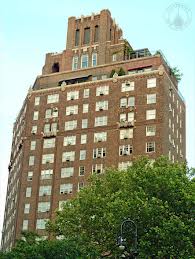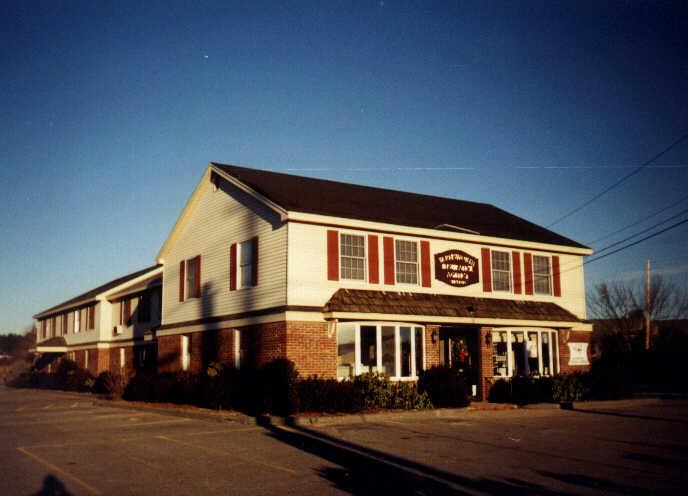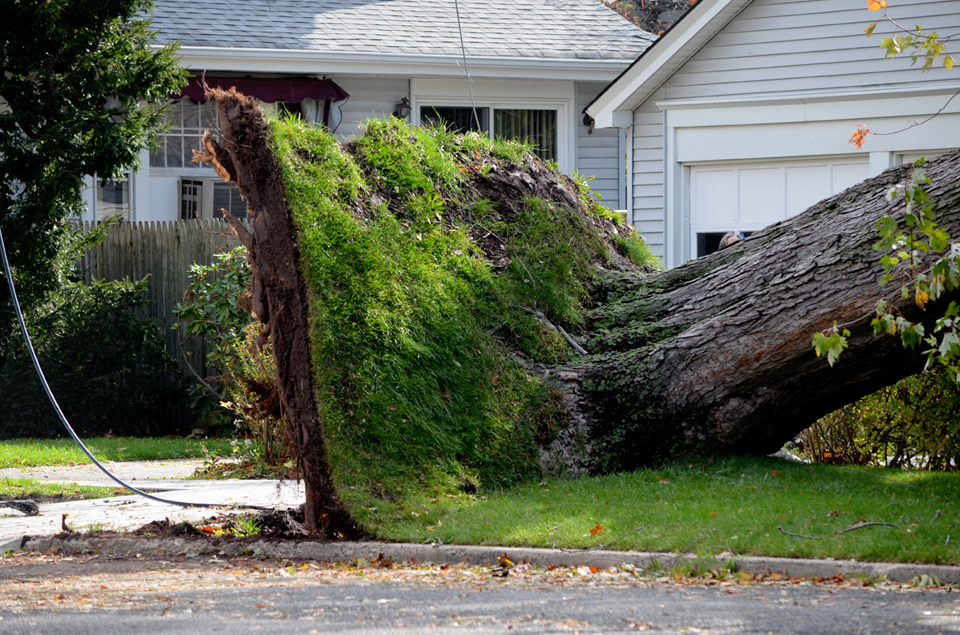 Often the most significant asset owned by a religious corporation such as a church, synagogue or mosque in New York is real estate. For a variety of reasons, the religious institution may wish to sell, mortgage or lease its property. New York’s Religious Corporation Law prescribes the procedure to be followed in order to legally complete such a transaction. For the purposes of our discussion in this blog post, we will be discussing a sale by a religious corporation.
Often the most significant asset owned by a religious corporation such as a church, synagogue or mosque in New York is real estate. For a variety of reasons, the religious institution may wish to sell, mortgage or lease its property. New York’s Religious Corporation Law prescribes the procedure to be followed in order to legally complete such a transaction. For the purposes of our discussion in this blog post, we will be discussing a sale by a religious corporation.
New York’s Religious Corporation Law declares that “[a] religious corporation shall not sell, mortgage or lease for a term exceeding five years any of its real property without applying for and obtaining leave of the court…”. In layman’s terms, the New York Statute requires that the religious corporation apply by Petition to the Supreme Court of the county in which the property is located for an order permitting the sale. Without the Supreme Court’s consent, the transaction will be void. The purpose of the statute is to prevent the congregational leadership from dissipating congregational assets.
Prior to submitting the Petition, we will assume that the following steps will have already occurred. The congregation must enter into a contract of sale with the party purchasing the property. The Constitution and By-Laws of the congregation will specifically detail the notice and quorum requirements for voting to approve the transaction as a congregation. Our firm will analyze the organizational documents and draft the required documents to hold the vote to approve the transaction as well as conducts the meetings where such vote takes place. In many cases, the Board of Trustees will be required to vote on the matter before the entire congregation also votes to approve the transaction. Written evidence of the congregational vote to approve the transaction will be submitted with the Petition. The Petition will describe the nature of the transaction and indicate that same was approved pursuant to the congregation’s organizational documents. Attached to the Petition will also be a Verification of the President or other lay leader of the congregation certifying the authenticity of the contents of the documents, our attorney’s Affidavit of Regularity confirming the proper procedures were followed with respect to the congregational vote and other aspects of the transaction, a Certification of Authentication of the organizational and other congregational documents submitted, and the proposed Order.
 New York Real Estate Lawyers Blog
New York Real Estate Lawyers Blog


 New Yorkers who purchase an apartment typically buy what is known as a cooperative (“Co-op”) or condominium (“Condo”). There are important legal distinctions between a cooperative and a condominium that are notable during the purchase process and after the closing of the transaction. This blog post addresses these distinctions.
New Yorkers who purchase an apartment typically buy what is known as a cooperative (“Co-op”) or condominium (“Condo”). There are important legal distinctions between a cooperative and a condominium that are notable during the purchase process and after the closing of the transaction. This blog post addresses these distinctions. Fences can be seen enclosing many properties in New York State, but are often not within the legal property line. When a fence is erected, a property owner should have a staked survey prepared and the fence installed consistent with the property line as shown on said survey. Of course, many people do not know that surveying is a prudent means by which to install a fence or do not wish to incur this expense. As a result, many fences may be installed over another person’s property line. This may not be discovered until a neighbor attempts to sell his property and the neighbor’s buyer conducts a title search and survey, discovering that the selling party is out of possession as to a portion of his property. If the portion that is out of possession is less than six inches, most title companies will insure such an exception to coverage. If the out of possession portion is more than six inches, the selling party will need to request an affidavit from the encroaching neighbor stating that they know their fence encroaches beyond their property line and that they make no legal claim to the encroaching portion. This affidavit will allow the title company to insure as if the encroachment were less than six inches.
Fences can be seen enclosing many properties in New York State, but are often not within the legal property line. When a fence is erected, a property owner should have a staked survey prepared and the fence installed consistent with the property line as shown on said survey. Of course, many people do not know that surveying is a prudent means by which to install a fence or do not wish to incur this expense. As a result, many fences may be installed over another person’s property line. This may not be discovered until a neighbor attempts to sell his property and the neighbor’s buyer conducts a title search and survey, discovering that the selling party is out of possession as to a portion of his property. If the portion that is out of possession is less than six inches, most title companies will insure such an exception to coverage. If the out of possession portion is more than six inches, the selling party will need to request an affidavit from the encroaching neighbor stating that they know their fence encroaches beyond their property line and that they make no legal claim to the encroaching portion. This affidavit will allow the title company to insure as if the encroachment were less than six inches.
 Recent extreme weather conditions in the New York metropolitan area have caused great hardship for many of its residents. We hope that those individuals and families who suffered damage or destruction of their residences are in the process of recovery. This blog post will discuss some of the legal issues which may arise from some of the results of the “super-storm.”
Recent extreme weather conditions in the New York metropolitan area have caused great hardship for many of its residents. We hope that those individuals and families who suffered damage or destruction of their residences are in the process of recovery. This blog post will discuss some of the legal issues which may arise from some of the results of the “super-storm.”  Residential real estate contracts in New York State are prepared and negotiated by attorneys, rather than by other real estate professionals such as real estate brokers. This custom allows the opportunity for parties to real estate transactions to have professionally prepared contracts, serving as the road map for the entire transaction. There are particular provisions in a typical New York residential real estate contract of which our readers should be aware.
Residential real estate contracts in New York State are prepared and negotiated by attorneys, rather than by other real estate professionals such as real estate brokers. This custom allows the opportunity for parties to real estate transactions to have professionally prepared contracts, serving as the road map for the entire transaction. There are particular provisions in a typical New York residential real estate contract of which our readers should be aware. Those who bid at property auctions in New York are confronted with many potential issues. Auction properties are often attactive to first-time homeowners and to investors because they are perceived as being less expensive than comparable properties. If the property is residential, the bidding process differs based upon whether the property is a single-family house, a condominium unit or a cooperative unit. The type of property, whether it is commercial or residential, may have implications for tenants already in occupancy and whether such tenants may have statutory occupancy rights.
Those who bid at property auctions in New York are confronted with many potential issues. Auction properties are often attactive to first-time homeowners and to investors because they are perceived as being less expensive than comparable properties. If the property is residential, the bidding process differs based upon whether the property is a single-family house, a condominium unit or a cooperative unit. The type of property, whether it is commercial or residential, may have implications for tenants already in occupancy and whether such tenants may have statutory occupancy rights. A
A